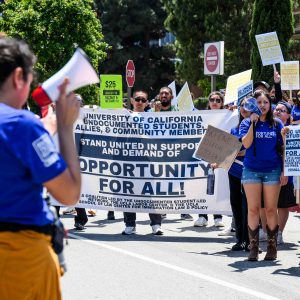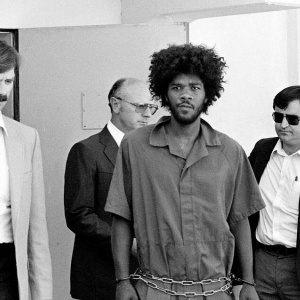On March 10, 2016, the California Senate approved of raising the legal age to smoke cigarettes or other tobacco products to 21 years old. Senate Bill 7, introduced by Senator Ed Hernandez (D-12) last July, is part of a six-bill package aimed at reducing usage of cigarettes in California, proposing steps such as classifying electronic cigarettes as tobacco products. If Governor Brown signs the bill, California will become the second state (after Hawaii) to raise the age requirement for buying cigarettes. The passing of the bill in Senate occurred just a week after San Francisco instated the new age limit on buying cigarettes.
According to a report by the Institute of Medicine, increasing the minimum age limit for tobacco access to 21 would likely prevent or delay initiation of tobacco use in teenagers and adolescents, having the most impact on 15-17 year olds. Although teenagers still manage to obtain tobacco products through their social networks, raising the minimum age will limit their resources because those who would legally be able to purchase these products would most likely not be in the same social circles as high school students. This would have a major impact on young smokers since, according to data from the U.S. Surgeon General, the vast majority of smokers start before they are 18. The report also found that raising the smoking age to 21 could prevent approximately 223,000 premature deaths among Americans born in the 21st century.
Public health officials justify the passing of the bill due to its projected significant impact and the low cost of implementation.
Other bills approved in the anti-tobacco package would ban the use of e-cigarettes in public areas, raise the licensing fee and tax for cigarette distributors, and expand the ban on workplace smoking to include public areas left out of a previous law.
Despite the promising results, many are skeptical of the proposed package of bills, notably state Republicans and tobacco companies. “I’m sure plenty of minors are smoking without concern about the current minimum age of 18,” stated Sen. John Moorlach, (R-Costa Mesa) regarding compliance with the bill. “I don’t expect human nature to change, whether in or out of a university.
Even if the bill will truly reduce rates of teenage smoking, is it the government’s place to control and influence citizens’ decisions to make better health choices? Some argue the bill infringes upon personal liberty. Much of the opposition has come from Republicans such as Assemblymember Donald Wagner (R-68) who argue that, despite the health risks associated with smoking, “it’s our job to treat our citizens as adults, not to nanny them.”
If someone who is 18 years old is able to legally enlist in the army, marry, and vote, then should they be exempted from using tobacco products at their will? The governments of New York City and Hawaii seem to think so. Hawaii became the first state to raise the smoking age to 21 in January this year. New York City did the same even earlier, in 2013 when Mayor Bloomberg signed into law an anti-tobacco bill similar to California’s. The city’s health officials hoped to make it more inconvenient for teenagers to buy cigarettes, but Jim Calvin, President of the New York Association of Convenience Stores disagreed, “What are you really accomplishing? It’s not like [the teenagers] are going to quit smoking. Why? Because there are so many other places they can buy cigarettes.”
Some anti-smoking advocates agree with this statement, surprisingly. “That’s what hurts tobacco, not the age limits; it’s the taxation,” said NBC analyst Larry Gerston. In this respect, New York leads the nation with the highest tax on cigarettes, while California falls short at 35th in the country. While the anti-tobacco bill package includes provisions that allow for higher taxation of tobacco products, the focus on the higher age limit has created an air of cynicism.
Effective or not, many believe California, a traditionally progressive leader, will kickstart a nation-wide movement to increase the smoking age. Massachusetts and New York will likely follow soon, as their major cities have already adopted the same increase in smoking age.
Featured Image Source: Maxisciences.com





Be First to Comment